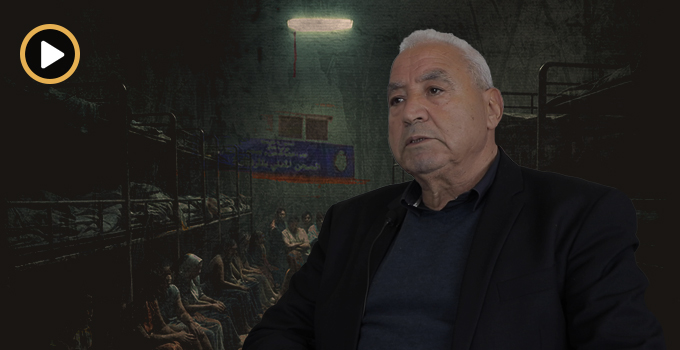Other countries should avoid returning Tunisians to face abuse
A year after it strongly criticised Tunisia for serious human rights in the name of ‘security’, Amnesty International has today (20 August) published a new report saying there has been little change in the country.
Torture remains pervasive in detention centres, particularly those of the State Security Department, the organisation warned, and statements allegedly obtained under torture are being accepted by courts as evidence to convict defendants. Incommunicado detention is also being covered up, with officials falsifying arrest documents. The report is also sharply critical of the practice or intention of other countries – notably Italy – to forcibly return Tunisians at risk of torture and other abuses.
Amnesty International Middle East and North Africa Director Malcolm Smart said:
‘The Tunisian authorities continue to carry out arbitrary arrests and detentions, allow torture and use unfair trials, all in the name of the fight against terrorism. This is the harsh reality behind the official rhetoric.
‘In the past year, we’ve seen further cases in which suspects have been detained incommunicado beyond the period allowed by Tunisian law only to have their arrest dates falsified by security officials to cover this up. These abuses are part of a longstanding pattern we’ve repeatedly drawn to the government’s attention, but without effective response.
‘Despite the evidence of ongoing abuses, the Italian authorities have forcibly returned at least five Tunisians since June 2008, all of whom were arrested on arrival and detained incommunicado for periods up to 12 days. Meanwhile, at least 18 other Tunisians are believed to be at risk of forcible return from Italy and from other European states.’
One of the Tunisians forcibly returned from abroad, Sami Ben Khemais Essid, was sent to Tunisia by the Italian authorities on 3 June 2008, despite a European Court of Human Rights ruling that he should not be returned until the Court had examined his case. In Tunisia a military court sentenced him to 12 years in prison. He was later removed from prison by State Security Department officials, who took him to Interior Ministry premises where he was kept for two days, interrogated and tortured. Other Tunisians considered terrorism suspects are now at risk of forcible return from Belgium, Bosnia, Sweden and Switzerland.
Amnesty has repeatedly called on European and other governments not to forcibly return to Tunisia individuals at risk of serious human rights violations. These include 10 Tunisians still held at the US detention centre at Guantánamo Bay and one Tunisian believed to be detained at Bagram in Afghanistan.
Background
In a report in June 2008 Amnesty described a pattern of human rights violations in Tunisia that included arbitrary arrests, incommunicado detention and enforced disappearances; torture and other ill-treatment; unfair trials, including before military courts; and abuses in prisons as well as abuses against Tunisian nationals forcibly returned from abroad. The Tunisian government rejected Amnesty’s report, denying that allegations of torture are not investigated and that security officials are allowed to abuse the law with impunity.




iThere are no comments
Add yours